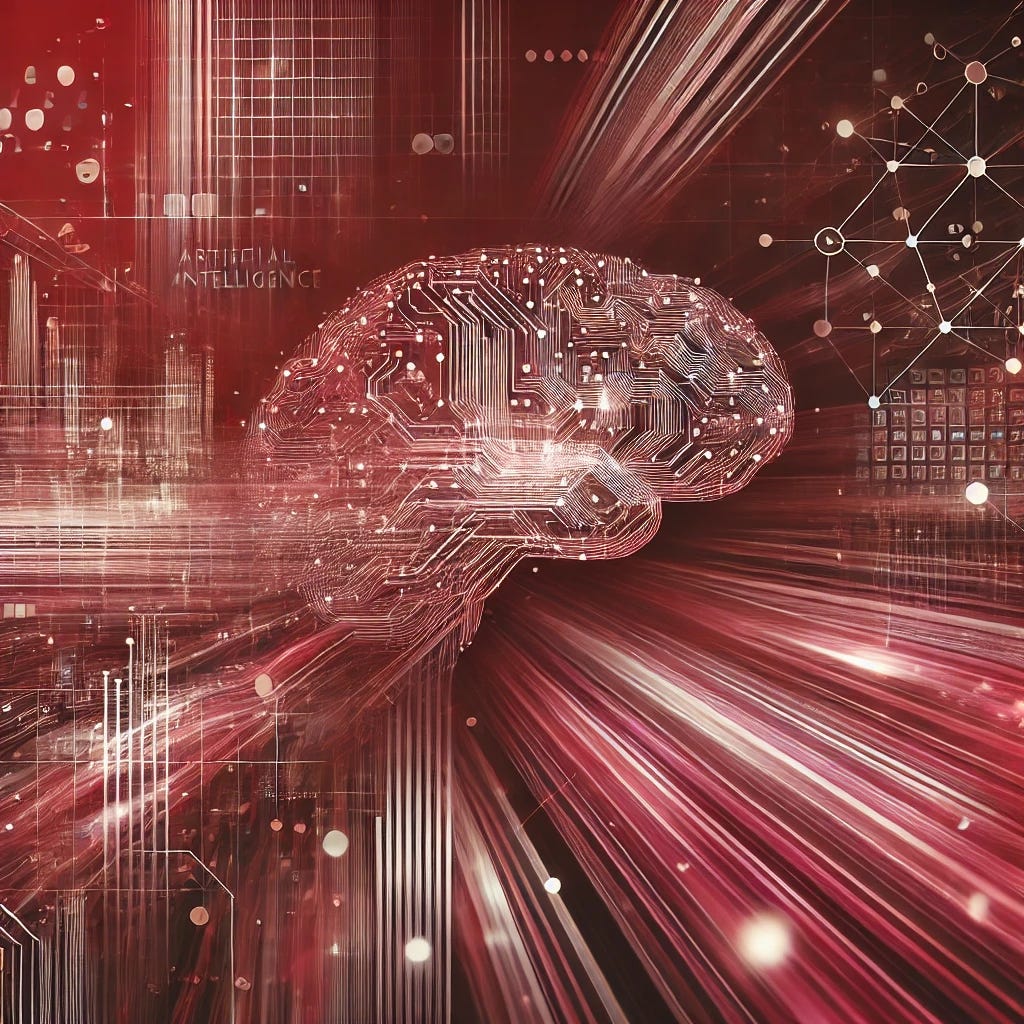We are moving fast into the world of agentic Artificial Intelligence. Let me give you an example, Google’s latest NotebookLM, described as:
“… a personalized AI collaborator that helps you do your best thinking. After uploading your documents, NotebookLM becomes an instant expert in those sources so you can read, take notes, and collaborate with it to refine and organize your ideas.”
I decided to give it a try. I feel that this example shows the potential and the limits of the technology as it stands. As a summarization and “visualization “ tool it is very impressive. However, it lacks creativity. In the sample that was created, the podcast “hosts” are regurgitating the points I have made during an old interview. There is still hope for us humans and originality still carries a premium. At least for now. Read on for the details and listen to a sample.
Please ignore its sycophantic nature - it is inherent to the tool, not my intent.
First, I located an old interview that I gave in 2017 while attending an industry fair in Germany. Loaded the YouTube content from the page into NotebookLM and, in less than 5 minutes, have been able to produce an analysis of what was right and wrong with my future predictions from more than seven years ago. The tool also created a podcast with two persons colloquially debating the points I made!
Give it a listen, it is very realistic. Click here to access it.
And here is the AI driven critique of my interview. We have come a long way. It is quite on point:
Here are some of the predictions Paulo Carvao, GM IBM Systems, got right and some that did not play out as expected 7 years on, based on his interview at CeBIT 2017:
What Paulo Got Right:
Data Explosion and the Need for Acceleration: Paulo correctly predicted the continued explosion of data and the need for accelerated computing to handle it. He highlighted technologies like machine learning, deep learning, and artificial intelligence as key drivers. This prediction has proven accurate, as the volume of data generated and the use of AI have grown exponentially.
Heterogeneous Computing: His emphasis on heterogeneous computing, combining CPUs with GPUs, FPGAs, and even quantum computers, was prescient. Today, heterogeneous computing is standard in AI and data-intensive workloads.
The Rise of Hybrid Cloud: Paulo's recognition of the hybrid cloud as a transitional phase, bridging on-premise infrastructure with cloud-native applications, was accurate. Hybrid cloud strategies remain prevalent today as businesses seek flexibility and optimize costs.
What Did Not Play Out as Expected:
Widespread Quantum Computing Adoption: While Paulo correctly identified quantum computing's potential, its widespread adoption in 2017 was overly optimistic. Quantum computing is still in its early stages and has yet to significantly impact mainstream computing.
Blockchain Transforming Business Models: Paulo's prediction that blockchain would "completely change the structure of business networks or supply chains" has not materialized to the extent he envisioned. While blockchain has found applications, it hasn't caused a widespread revolution in business models.





